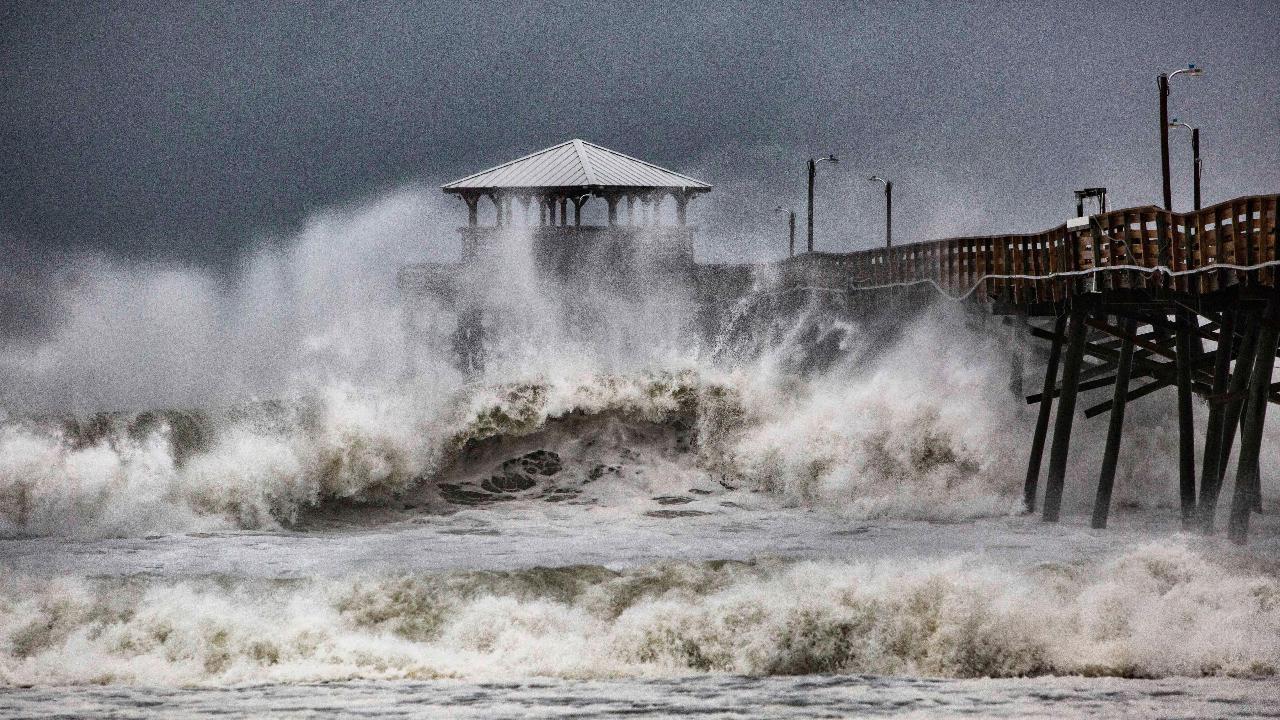Lessons from Harvey: Here’s what to expect in the aftermath of Florence
When the deadly Hurricane Harvey swept through Texas last August, it left a path of destruction worth $125 billion in damages that communities are still struggling to recover from, one year later.
But, at the start of this year’s hurricane season, some experts have warned that Hurricane Florence – a Category 1 storm that broached the North Carolina shore early Friday morning, bringing with it non-stop rain and pounding wind – could surpass Harvey in terms of cost.
Harvey caused extreme flooding in downtown Houston and the surrounding areas, earning it the title of the costliest disaster in 2017. On Thursday, U.S. Commerce Secretary Wilbur Ross estimated Florence could cost as much as $180 billion.
And while Florence will likely leave “substantial” property damage that could take years to remedy, the U.S. economy will probably rebound within a few quarters from any hits it takes as a result of the storm, according to Dallas Federal Reserve President Robert Kaplan. And Kaplan would know: After Harvey, the Dallas Fed conducted an extensive study of storms over the last 25 years to determine the effect natural disasters have on the economy.
“The GDP impact tends to be transitory, and there tends to be a bounce back, and that happens fairly quickly,” he said on Friday during an interview with FOX Business’ Maria Bartiromo. “I’d be fairly optimistic that will be the case as a result of this storm.”
Most likely, Florence – which is expected to bring hurricane-force winds and drop between 20 inches to 30 inches of rainwater -- will put a “dent” in economic growth for the next quarter or two, in part because of temporary job loss. Hundreds of thousands have evacuated from the coastal areas of the Carolinas.
“But history has shown you’ll rebound in the next couple of quarters and eventually you’ll get back to the GDP you would’ve had, and you’ll get back to trend growth,” he said.
What’s perhaps more concerning is the damage and dislocation Florence could cause to small businesses, cars and homes. Because reparations to that damage are so dependent on other factors, like the availability of labor, construction crews and other stresses, it generally takes longer to recover, according to Kaplan.
“There will be a lot of people who are displaced, especially at the low-end of the income scale,” he said.




















